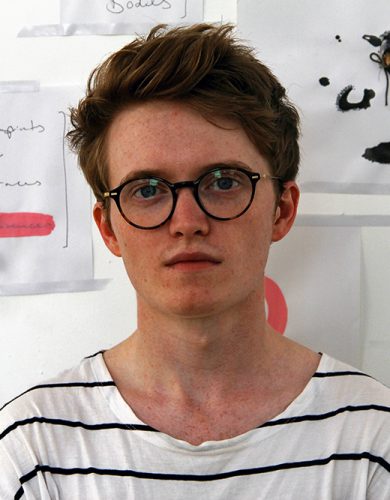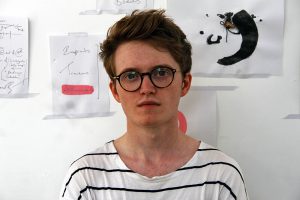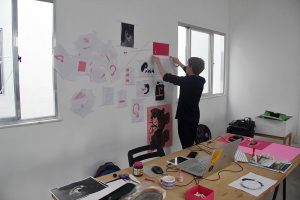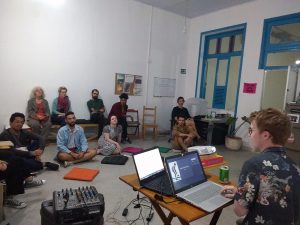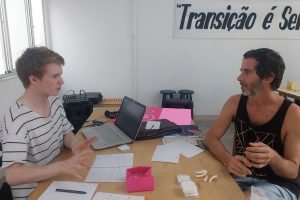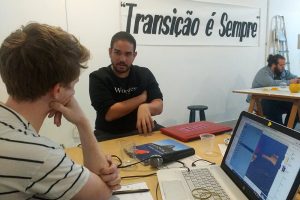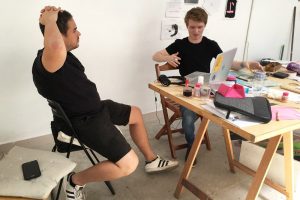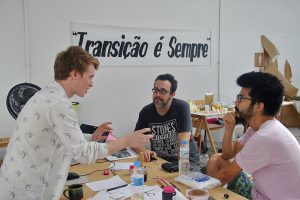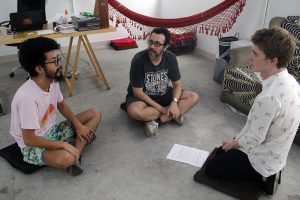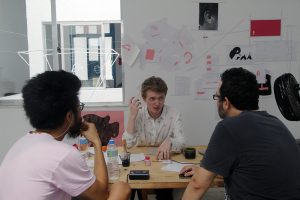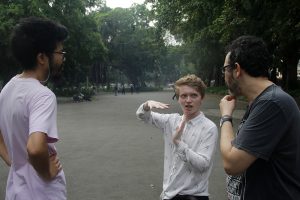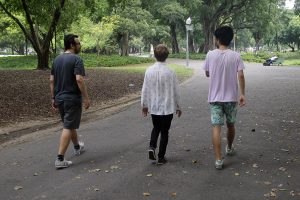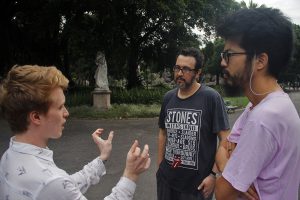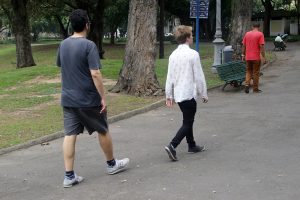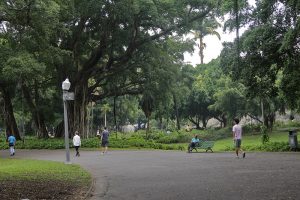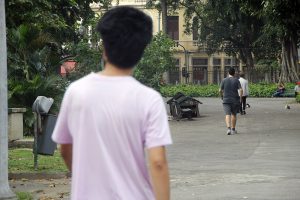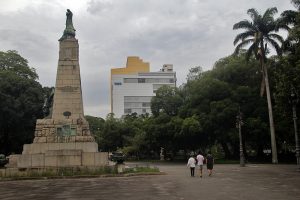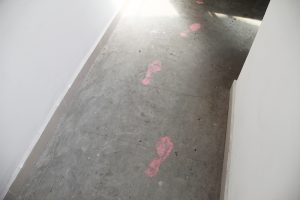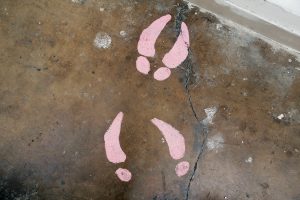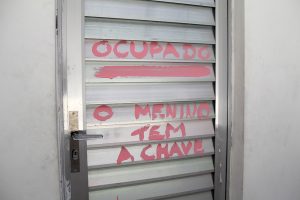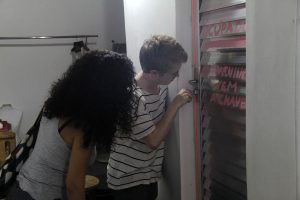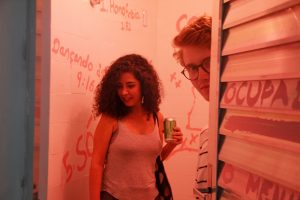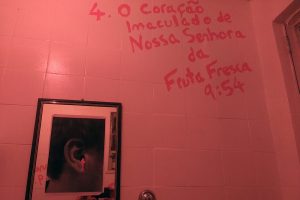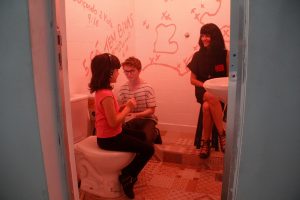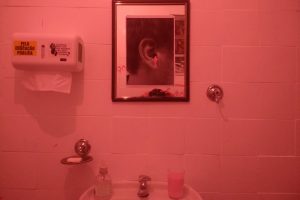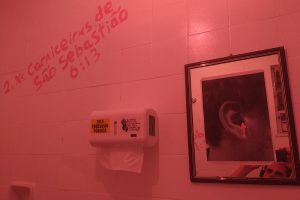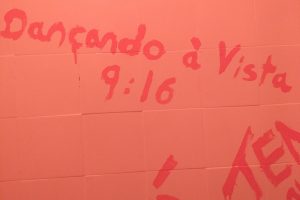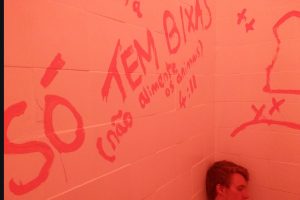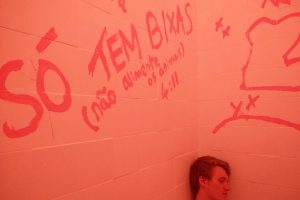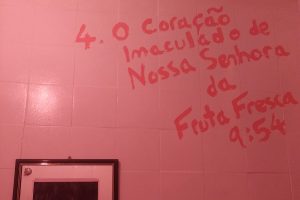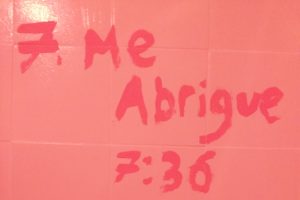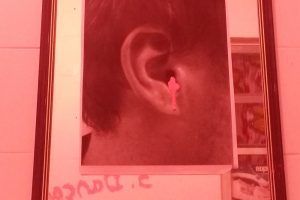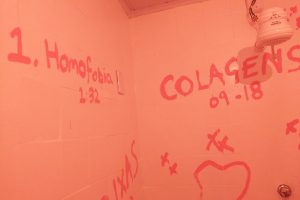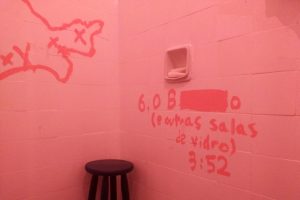Lives and works in Glasgow, Scotland. His practice in composition, improvisation and performance is embedded in mixed-media score-production, devised performance, present-time composition, cross and inter-disciplinary practice, through which he explores personal and collective identities, musical and otherwise performative traditions. Henry’s inter-media work centres around the body-mind, score-object as mediator, the subject of invocation, impulse-led generation, queer and sustainable art practices, and meanings of ownership in collectively-generated improvisation. He is a founding member of Glasgow’s mixed-arts collective EAST (Experimental Artists Social Theatre), KUI piano duo, and the chamber trio Savage Parade.
In recent years, Henry has collaborated with groups and individuals such as the BBC Scottish Symphony Orchestra, BBC Scotland, Martyn Brabbins, RedNote ensemble, The Glasgow New Music Expedition, Garth Knox, Zilan Liao and Germany’s Ensemble Modern. He is a graduate of the Royal Conservatoire of Scotland composition dept., and is an award holder of the Dinah Wolfe Memorial Prize for Composition (2014); Scottish Opera’s Opera Sparks Competition (2016); the Patron’s Prize for Composition (2017); the BBC Scottish Symphony Orchestra Composition Club Prize (2017); the Harriet Cohen Memorial Music Award (2018); and was a nominee for the inaugural Scottish Awards for New Music (2017).
He has been awarded residencies at the Banff Centre for the Arts and Creativiy (CA, Alberta, The Creative Gesture: Collective Composition Lab for Music and Dance), Despina (Open Bodies Residency, Brazil, Rio de Janeiro, with the Fruitmarket Gallery Edinburgh) and Skammdegi Residency and Festival (IS, Olafsfjördur).
Henry McPherson’s residency was commissioned by the British Council and Creative Scotland under the Open Bodies Residency programme, designed jointly by Despina and The Fruitmarket Gallery. More information here.
***
Curatorial statement, by Raphael Fonseca
Artist Henry McPherson trained as a musician and his expressions in visual art frequently take sound as their point of departure. The artist has followed interests in experimental ways of using classical instruments, in durational sound pieces, and in the cross-currents between the concert hall and white cube gallery. During Open Bodies, Henry recorded sound from different Rio locations, each with its own particular queer cultural importance. Bars, cruising spots, places of shelter and the streets of the city inform his practice. Different routes have been assembled in sound, and during the presentation the artist plays these tracks to individuals at their request in the upstairs bathroom, one of Despina’s most intimate spaces.
***
Pictures Gallery (horizontal scrolling)
by Frederico Pellachin
